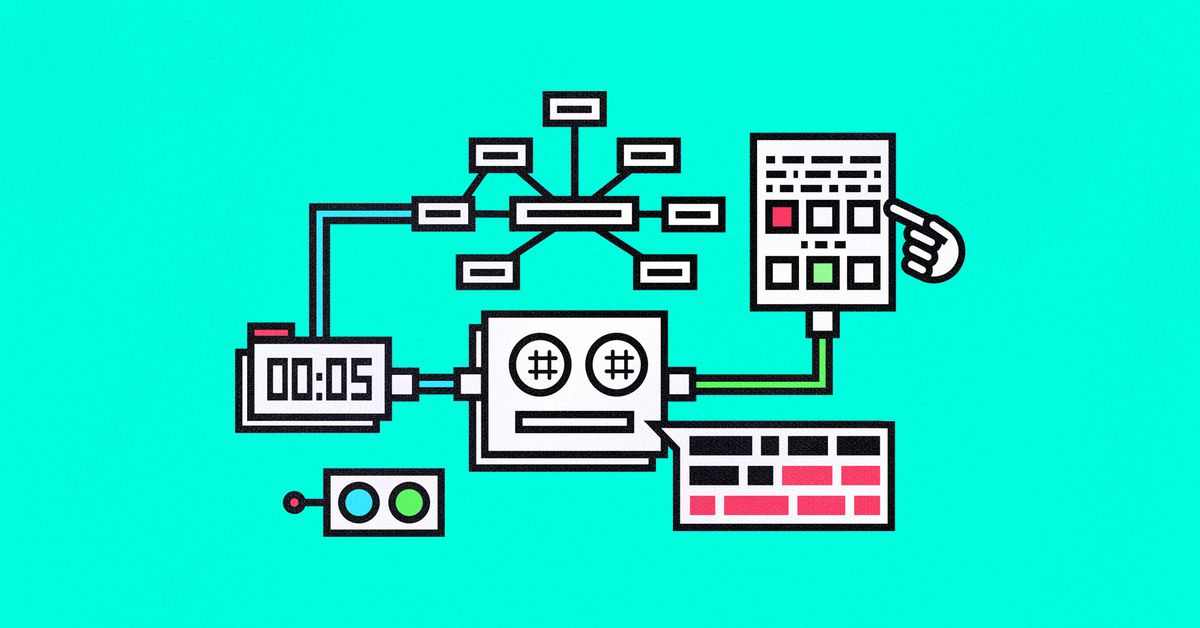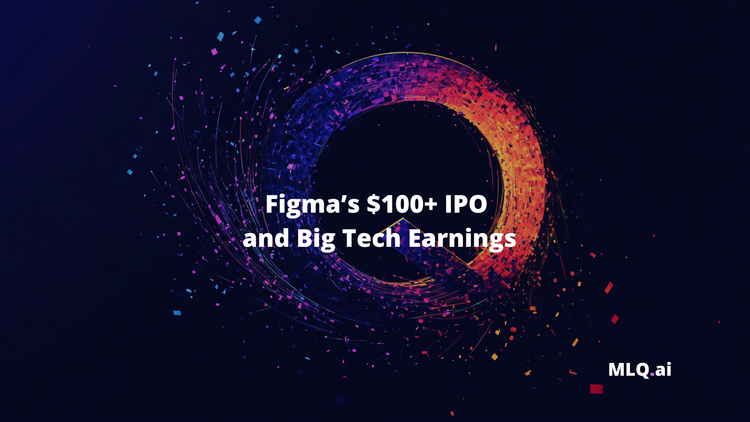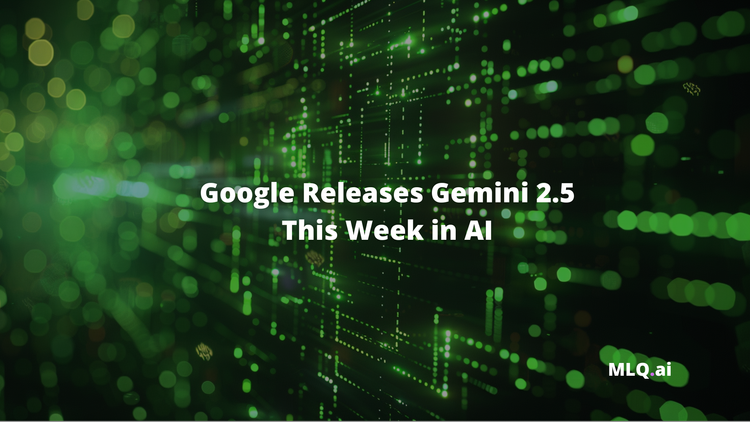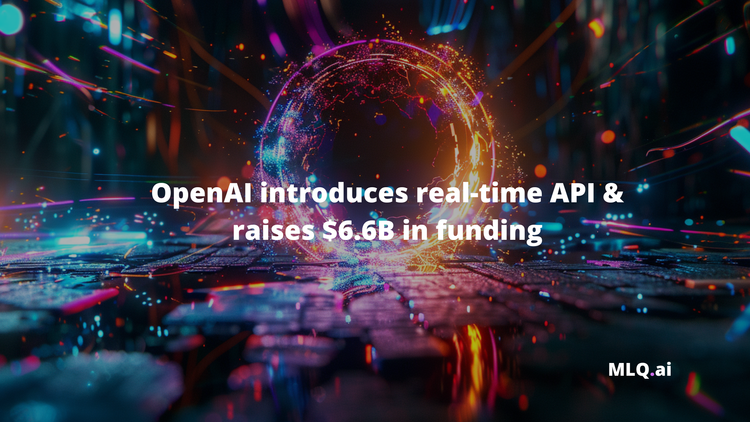Welcome to the first edition of our new This Week in AI roundup. Our goal with this roundup is provide an overview of the week's most important news, papers, and developments in the AI/ML industry.
This week we have stories about universal basic AI income, GPT-3, synthetic data, and nanoparticles.
Universal Basic AI Income
In as little as ten years, AI could produce enough wealth to pay every adult in the United States $13,500 per year, according to OpenAI CEO Sam Altman's 2,933-word piece, "Moore's Law for Everything".
Critics, however, fear that Altman's views will do more harm than good, and that he will mislead the public about the future of AI. As Glen Weyl, an economist and principal researcher at Microsoft Science, wrote on Twitter:
This beautifully epitomizes the AI ideology that I believe is the most dangerous force in the world today.
Read the full story:

Stay up to date with AI
GPT-3 Generating 4.5B Words a Day
OpenAI's GPT-3 is now used by "tens of thousands" of developers in over 300 different applications. Every day, the well-known AI text-generator generates 4.5 billion words.
Some still claim that launching a company on technology you don't own is a bad idea:
Many analysts have noted the folly of building a company on technology you don’t actually own. Using GPT-3 to create a startup is ludicrously simple, but it’ll be ludicrously simple for your competitors, too
The app can also exacerbate biases, resulting in negative outcomes. These issues aren't insurmountable, but in a world where algorithms are already causing erroneous arrests, unfair school grades, and biased medical bills, they're certainly worth noting.
Read the full story:

Synthetic Data Critical to AI 2.0
According to Forrester, synthetic data is a critical component in the emergence of AI 2.0. Synthetic data will be widely used to train autonomous vehicles, in addition to assisting with computer vision tasks. Financial services, insurance, and the pharmaceutical industry would also benefit from synthetic data.
The goal of synthetic data is to provide reliable training data that is free of concerns about privacy and ethics.
Yashar Behzadi, the CEO and founder of synthetic data company SynthesisAI, predicts that in three to five years, the use of synthetic data will become even more normal. As he says:
We're kind of at the Wright Brothers stage of AI development. You build a plane, jump off a dune and see what it does, then you change your design.
Read the full story:

Machine Learning & Nanoparticles
Researchers at MIT have created a screening platform that can easily identify self-assembling nanoparticles. They looked at 2.1 million small-molecule drug and "inactive" drug ingredient combinations. There were 100 new nanoparticles discovered with possible applications. According to researchers, nanoparticles are likely to be safer and go through the FDA approval process more quickly. According to the researchers, the nanoparticles could be used to treat cancer, asthma, malaria, and viral and fungal infections.
From a total of 2.1 million possible combinations, machine learning has found 38,464 potential self-assembling nanoparticles.
As the lead author of the study, Daniel Reker, states:
So many drugs out there don’t live up to their full potential because of insufficient targeting, low bioavailability, or rapid drug metabolism.
Through the use of machine learning, and rapid screening, drugs and nanoparticle combinations that are most suitable for different body locations and substances can be quickly designed and administered to a greater number of patients.
Read the full article:

That's it for this edition of This Week in AI, if you're new to MLQ you can sign up here for future updates.






